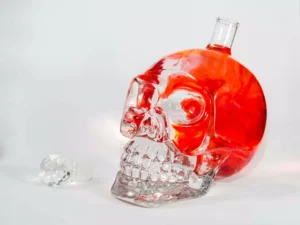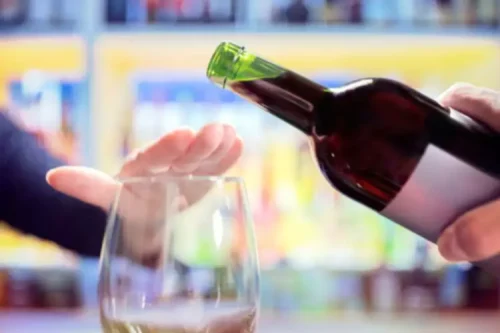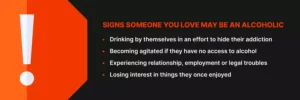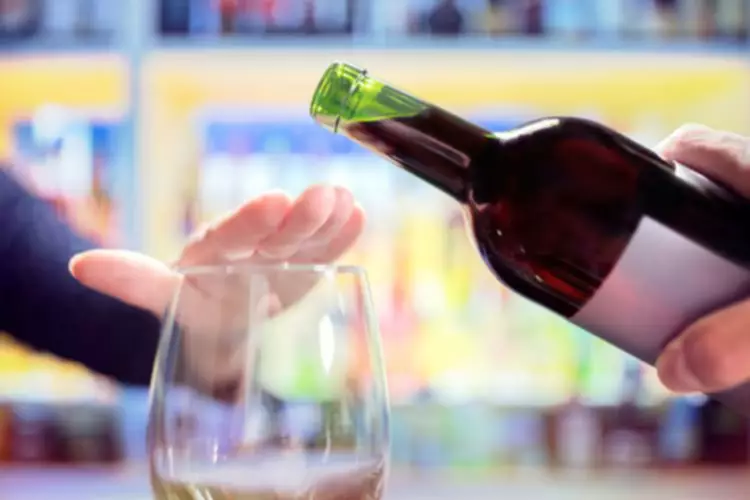
This approach fosters informed decision-making and helps manage patient expectations. He underscores the importance of evaluating each patient’s unique situation, including their medical history, current medications, and specific health conditions, before considering cannabis as a treatment option. By adhering to such principles, physicians may better navigate the complexities of medical cannabis use responsibly, ensure patient safety, and achieve optimal care outcomes. Many medical practitioners hesitate to advise adult patients about medical marijuana because it is a plant and not a medicine or drug evaluated by the FDA, nor proven safe and effective. Similarly, physicians are concerned about falls, accidents, and medication interactions with cannabis. In a study of physician and student alumni attitudes about medical marijuana, only 51% said they felt comfortable discussing the issue with patients, and only 39% were comfortable discussing possible medication interactions.

Marijuana Addiction: Signs, Causes, Withdrawal, Treatment and Prevention
Yale doctors have also conducted studies to measure the effects of combining psychotherapies to treat cannabis dependence. According to Sewell RA et al.’s 2009 study titled “The Effect does weed have addictive properties of Cannabis Compared With Alcohol on Driving,” published in the American Journal of Addiction, nearly 88,000 alcohol-related overdose deaths occur annually in the U.S.. In contrast, marijuana has an extremely low risk of fatal overdose, requiring an impractically high amount to reach lethal levels.
What are the Symptoms of Marijuana Addiction?

Some people experience lingering effects, such as mood swings or cravings, for several weeks to months. The duration of withdrawal varies based on factors such as the individual’s level of dependence, frequency of use, and overall health. Those who have used marijuana heavily or for an extended period experience a longer withdrawal process, while occasional users recover more quickly. Treatment options, such as therapy and support groups, can help individuals manage cravings, improve their mood and cognitive function, and rebuild social connections. Researchers have found that people who use marijuana for medical reasons are more likely to develop cannabis use disorder than those who use the drug recreationally. Using medical marijuana for medical purposes does not seem to drug addiction treatment protect people from CUD.
- While no FDA-approved medications specifically target marijuana addiction, certain drugs are used for symptom management during withdrawal.
- Individuals experience withdrawal symptoms when attempting to quit, which vary in intensity based on the level of dependency.
- Many people can use marijuana safely without becoming addicted or abusing it.
- If you think you’re addicted to marijuana, getting an early diagnosis can help with treatment and prevent the risk of chronic conditions like schizophrenia.
Weed Strains
According to the National Institute on Drug Abuse (NIDA), approximately 9% of marijuana users develop a dependency, with the rate rising to 17% for those who start using it during adolescence. According to the Commonwealth of Pennsylvania, as of August 2021, 595,336 people, representing 4.6% of the PA population, were medical marijuana patients. About 10% of people who begin smoking cannabis will become addicted, and 30% of current users meet the criteria for addiction. Providing access to mental health services and promoting coping strategies help individuals manage stress and emotional challenges without resorting to marijuana. Self-assessment tools help provide individuals with an objective evaluation of their marijuana usage patterns and potential negative consequences. Physical effects are uncomfortable but usually subside within a few days to weeks as the body adjusts to not having THC.
- One marijuana user, Conrad, age 47, of San Francisco, said that when he can’t smoke, he drinks more.
- With the ongoing legalization of marijuana in the United States and around the world, it can be hard to say how this will impact marijuana use and abuse.
- Always seek the advice of your physician or other qualified health provider with any questions you may have regarding a medical condition.
- There are a variety of treatments available, and if one doesn’t work, another one may be better for you.
Who Is At Risk for Marijuana Abuse?

It makes the world more interesting to counteract the loss of pleasure in depression. For those with PTSD who experience nightmares, it shuts down the process by which dreams form in the brain. Researchers estimated that 4 million people in the United States met the criteria for marijuana use disorder in 2015. “People should not be using it when they’re young and their brains are still developing,” Andrews said.
Marijuana Effects

Regular use alters the way THC is absorbed and metabolized, leading to increased tolerance, where users require larger doses to achieve the same effects. Not just your surgeon or primary care doctor, but any health care provider you see for physical or mental health, needs to know about your cannabis use. That’s because marijuana can affect major organs such as your heart and lungs. Smoking and vaping tobacco can cause bacteria to grow underneath your gums, which can lead to this condition. Periodontal disease doesn’t just cause tooth loss but has also been linked to many other health issues, including heart disease and preterm labor.
- It’s also being studied to see if it can help ease a variety of other conditions, including Parkinson’s disease and schizophrenia.
- Medical detox is particularly effective for individuals with co-occurring mental health disorders or high dependence on marijuana.
- Calls to any general helpline will be answered or returned by one of the treatment providers listed, each of which is a paid advertiser.
For instance, a study published in JAMA Psychiatry titled “Association of Depression and Anxiety With the Accumulation of Chronic Conditions” highlighted the increased risk of anxiety and depressive symptoms during withdrawal. Seeking professional help provides effective strategies to cope with these symptoms and ensure a safer recovery process. Treatment options for marijuana addiction include evidence-based therapies such as cognitive-behavioral therapy (CBT), motivational enhancement therapy (MET), and support groups like Marijuana Anonymous. In some cases, medical detoxification is necessary, especially for those with co-occurring mental health disorders or other substance dependencies such as alcohol addiction. Anti-anxiety medications are also prescribed during withdrawal to alleviate acute symptoms and facilitate the recovery process. Untreated mental health conditions, such as anxiety, depression, or co-occurring mental health disorders, further increase the risk, as individuals turn to marijuana to self-medicate.
Research suggests that about 30% of people who use marijuana might have marijuana use disorder, the severity of which can vary. “Marijuana-addicted people rarely present for treatment,” said Stalcup. “So, a lot of the people we see have gotten caught up in the legal system. “A person is not dependent on a drug unless they experience some kind of negative outcome upon stopping their use,” said Reiman.